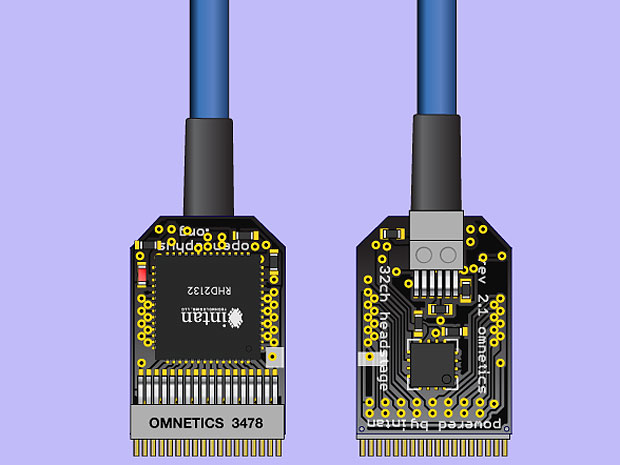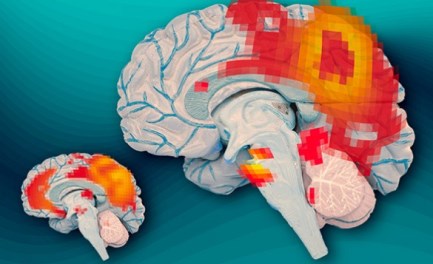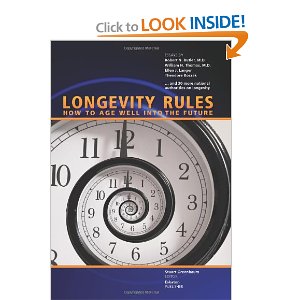Posts Tagged ‘MIT’
Is the future of brain sensors and signals open-source or commercial? (Hint: Probably both)
Neuroscientists Join the Open-Source Hardware Movement (IEEE Spectrum): “Graduate students Josh Siegle and Jakob Voigts were planning an ambitious series of experiments at their MIT neuroscience labs in 2011 when they ran into a problem.
Read MoreCan brain scans identify ADHD and help predict treatment response?
— Inside the adult ADHD brain (MIT News): “About 11 percent of school-age children in the United States have been diagnosed with attention deficit hyperactivity disorder (ADHD). While many of these children eventually “outgrow” the disorder, some
Read MoreExploiting Technology and Collaboration to Enable Quality Aging
Editor’s Note: This article is excerpted from Longevity Rules: How to Age Well Into the Future, a compendium 0f 34 excellent essays where leading longevity experts help policymakers and the public better understand the aging experience. In the essay below, Joseph Coughlin, the Director of MIT AgeLab, explores the role that technology can play in aging…
Read MoreMeet the 16 Judges of the 2010 Brain Fitness Innovation Awards
We are honored to count on such a distinguished, interdisciplinary and forward-looking Innovation Awards Judging Panel (please judge for yourself!), thanks to the participation of: Baba Shiv, Professor at Stanford Business School, conducts research on consumer decision making and decision neuroscience, with specific emphasis on the neurological underpinnings of emotion and motivation in decision making. His…
Read MoreHenry G. Molaison (H.M.): On Learning and Memory
H. M., an Unforgettable Amnesiac, Dies at 82 — Obituary — “On Tuesday evening at 5:05, Henry Gustav Molaison known worldwide only as H. M., to protect his privacy died of respiratory failure at a nursing home in Windsor Locks, Conn. His death was confirmed by Suzanne Corkin, a neuroscientist at the Massachusetts Institute of…
Read MoreResources for Brain Health Across the Lifespan
As promised in my previous post on Neurogenesis and Brain Plasticity in Adult Brains, I will now list some interviews, video, articles, and books that go hand-in-hand with these fascinating topics we are discussing. Please comment below if you have favorite additional resources! NEUROGENESIS MIT news – Picower researcher finds neuron growth in adult brain Society…
Read More


